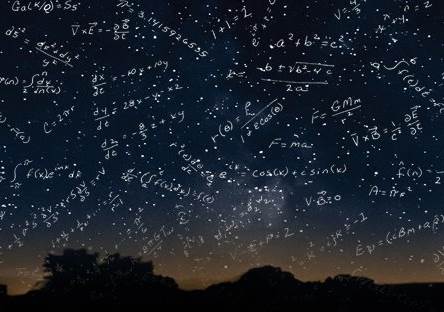
Never before have we been able to contemplate and practical work on how emergence is actually helpful in the context of Generative AI products. I enjoy investigating such cosmically mysterious questions, but much of my time is spent in figuring out more immediately useful things. I have found some balance in this regard through my career. While these flights of fancy are fun and connected to deep questions, for a professional scientist and engineer, balancing these questions with pursuits that have real, measurable, and tangible goals is essential. And if we have quantized space-time and a finite number of unique “symbols” to populate in this smallest “cell” of space-time, haven’t we just arrived at a computer data structure? Could entanglement, or “spooky action at a distance,” be a pointer between two memory locations? Could the evolution of the Universe as a system merely be algorithms acting upon the space-time data structure? And could it be that we somehow cause a selection of a dynamic slice of this vast data allowing us to perceive the current instance of time?

If space-time can be no smaller than an indivisible unit of Planck length, then what it can contain is also similarly bound. In one conceptual model, I imagined that we were living in a digitized, quantized world due to the finite indivisibility of space-time. I thought and wrote about whether the Universe was a computer for much of my teen years. Unlike Newtonian equations of motion that allow specific values to be plugged in to predict outcomes at a particular moment, many computer programs are irreducible to such a model. Computational irreducibility is not necessarily intuitive it asserts that simply "reading" a program is insufficient to grasp its function – one must run the program to find out. This concept posits that the only way to understand what some programs do is to run them and observe the results there is no way to "fast forward" to a projection without performing all the intermediate steps.

However, another idea presented in the book introduced a limitation that explained why certain programs could never be evaluated swiftly: computational irreducibility. I had a great time learning and experimenting by combining the concepts in Wolfram's book with genetic techniques to generate programs efficiently and evaluating their "fitness,” or their ability to solve a desired problem.

By the time "A New Kind of Science" was released, my fascination with genetic algorithms had already taken hold.


 0 kommentar(er)
0 kommentar(er)
